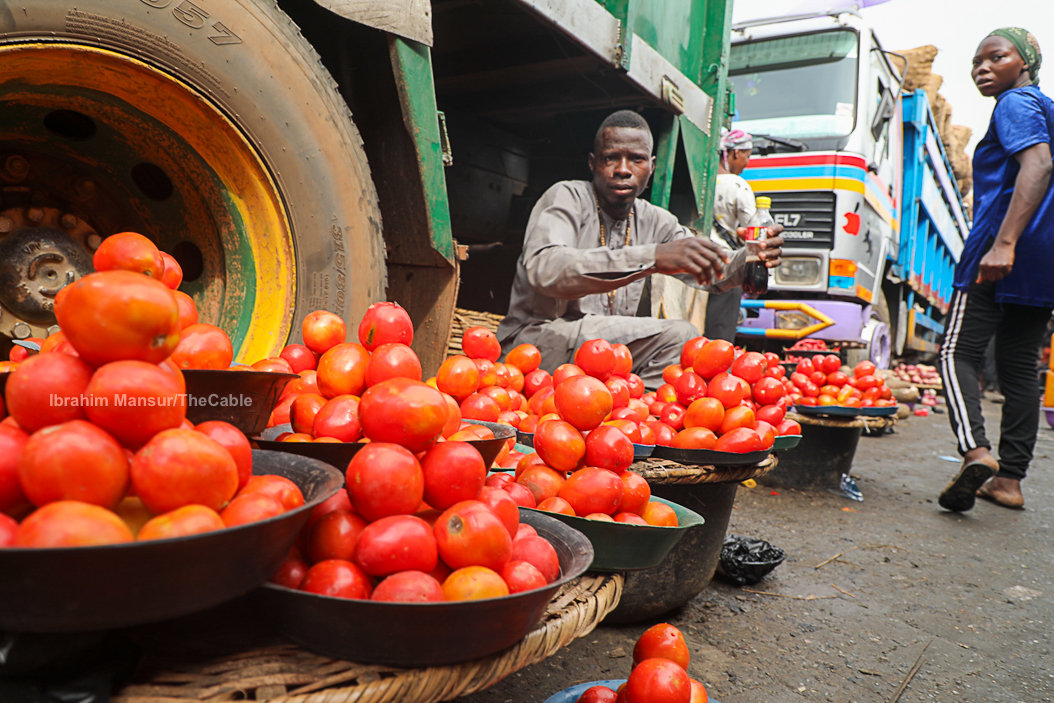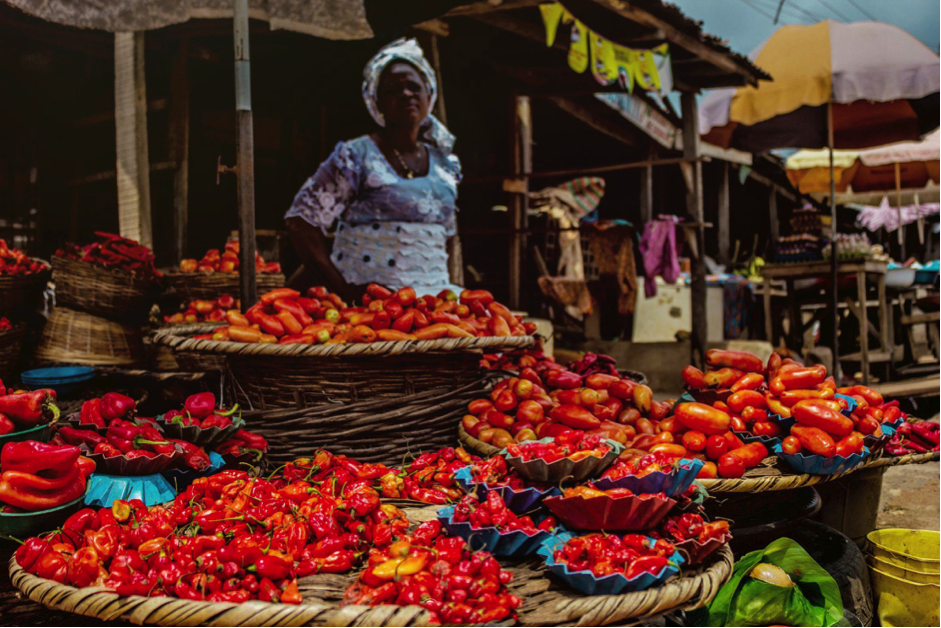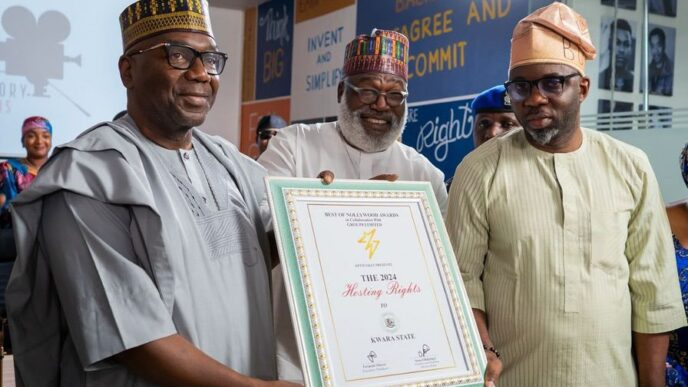BY YERUMOH OLUWAFEMI
The current inflation of food prices in Nigeria is a critical issue that cannot be overlooked. This persistent increase emanates from several factors including poor agricultural productivity, unstable economy, persistent fuel price increment, climate change, insecurity in food-producing areas, exchange rate instability and infrastructural constraints among others. The challenges surrounding food price inflation in Nigeria are so immense that it is difficult to predict when the citizens should expect a turnaround.
The prices of major staple foods widely consumed by Nigerians like rice, yam, beans, Garri and other value-added products from these staple foods have significantly risen such that the entire populace needs no statistics to ascertain that the inflation is taking a toll on the low-income consumer.
The National Bureau of Statistics (NBS) reported food inflation to be 39.84% as of December 2024 which is alarming with many households spending up to 60% of their income on food according to the data compiled by Picodi in 2023. This situation becomes more challenging for low-income households who already struggle to meet basic necessities including housing, healthcare, and education. The government increment of the minimum wage does not compensate for the food price escalation.
The impact of this surge in food prices on Low-income Nigerians is way too high that several households devise strategies to survive during this challenging era. This includes compromising their nutrition by adopting cheaper, less nutritious meals, skipping meals, reduction in portion sizes among many other methods adopted. Although middle and high-income households feel the impact of the food price hike as well, they are better equipped to absorb this. The strategies commonly adopted by low-income consumers pose a greater risk to current health concerns and make sustainable diets more difficult to adopt as the persistent rise in food prices makes these diets largely unaffordable. Additionally, a significant percentage of Nigerians fall within this category of low-income consumers considering the indices at which it is measured, hence it becomes imperative to look for a potential solution to cushion the effect of this spike in food cost as well as address the challenges surrounding it.
Advertisement
Several efforts to boost agricultural productivity in Nigeria are currently ongoing, but the government and all relevant stakeholders need to be more proactive. Investing in farm mechanization can bring about improved product yields which can consequently increase availability and reduce cost. The impact of infrastructural development is also essential as enhancing the distribution system from good road networks can also improve the supply chain consequently reducing food commodities prices. The cold chain can help minimize post-harvest losses but most farming communities have limited access to electricity and refrigerated vans.
More efforts should be intensified for tackling insecurity which has affected some food-producing areas across the country. Policy reforms that favour the supply chain of agricultural products should be adopted as this can help reduce the prices of food products. Empowerment of female-led businesses (FLBs) is also crucial in tackling the soaring food prices in Nigeria. The significant role women play in food production, processing and distribution implies that adequate training in processing especially for perishables products will be beneficial. Access to modern equipment and machinery which can boost production and reduce postharvest losses while increasing food availability should be easily accessible. These collective interventions can provide synergistic solutions to the rising food prices.
The vulnerabilities of low-income consumers in Nigeria are deep-rooted and require urgent systemic reforms. It is worthy of note that addressing the root causes of food inflation and providing support in areas necessary requires collaborative efforts from the government, private sector, International partners and professionals to create sustainable solutions that will uplift the lives of millions of Nigerians struggling with the high prices of food commodities.
Advertisement
Yerumoh Oluwafemi is a Program Lead at Food Health System Advisory Nigeria.
Views expressed by contributors are strictly personal and not of TheCable.
Add a comment









